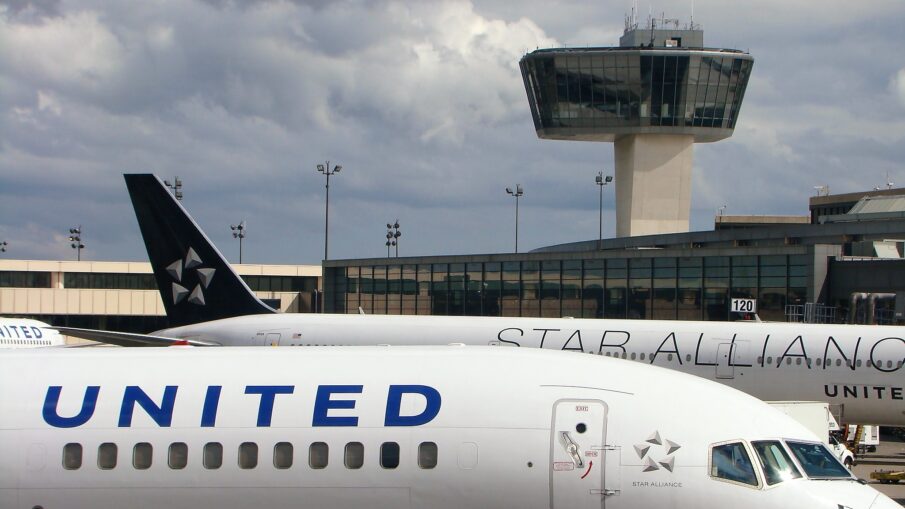Involuntary bumping by U.S. airlines that results in passengers forced from their seats is about to end. Maybe they should call this the Dao Rule.
Remember a few years ago when a Kentucky doctor was dragged down the aisle of a United commuter flight scheduled to depart Chicago O’Hare for Louisville? He had refused to surrender his seat during an involuntary bump, and the confrontation went viral both on social media and news outlets. It attracted international attention.
David Dao, the 69-year-old doctor who insisted he must return to his practice the next day, was the focus of smartphone cameras as he was forcibly dislodged from his booked seat, bleeding and shouting as passengers — some of whom were children — watched in horror.
The public relations firestorm that followed prompted United to make a media-documented promise to improve customer service. One specific goal was to reduce the number of bumped passengers from the airline’s overbooked departures. Soon, other airlines were joining in on that pledge.
There are two kinds of airline bumping: voluntary and involuntary.
The change in policy does not eliminate either practice. It is simply “prohibiting airlines from involuntarily denying boarding to a passenger after the passenger’s boarding pass has been collected or scanned and the passenger has boarded,” according to the Federal Register, volume 86, number 8 on January 13, 2021.
The amendment, which I say qualifies as a surprising travel find, appeared between the Capitol Hill Riot and the Biden inauguration. It received little attention because of the extraordinary news cycle in place at the time. It takes effect April 13, 2021.
If the concept of a voluntary airline bump seems odd, you haven’t done much flying. For many years, budget-minded fliers have arrived at airports actually hoping to be bumped in exchange for vouchers that cut the costs of future trips.
But the involuntary bumps have been costly for some consumers. Suppose you’re on the way to an event such as a wedding or crucial business meeting. Arriving hours later, when the event has concluded, renders the trip a waste of time and money.
For many years, we had been told that overbooking flights was a business necessity for airlines. Bumping occurs when too many people show up at the gate with boarding passes. Awkward, yes. But word was a struggling industry can’t afford empty seats. Overbooking all but guarantees full planes and happy revenue figures.
Each airline has a mathematical formula designed to oversell a flight just enough to compensate for last-minute no-shows. Note the word “designed.” It’s far from an exact science, which is why people are asked to volunteer to be bumped.
In wake of the Dao incident, part of the vow to improve customer service involved big cuts in over-bookings. It was more than lip-service. It actually happened–for a while.
According to a news release from the U.S. Department of Transportation, bumping cases in 2017 reached their lowest level since such statistics first were kept in 1995. The release says U.S. carriers “posted a bumping rate of 0.34 per 10,000 passengers,” wiping out the previous low mark of 0.62 in 2016.
The release continues: “These carriers posted a bumping rate of 0.18 per 10,000 passengers for the fourth quarter of 2017, an improvement over the 0.55 rate for the fourth quarter of 2016.”
At United, voluntary bumps for those same months in 2017 are reported at 8,483, down from 15,696 during the same period in 2016. Involuntary bumps at United dropped from 891 to 44. Other major carriers showed similar results. Indeed, United claims in its fourth quarter report to have decreased involuntary bookings 92 percent from April-December 2017.
From October through December 2017, Delta reported 24,793 passengers were bumped voluntarily from their flights. This means these travelers agreed to give up a booked seat, most likely in exchange for compensation.
But airline bumping didn’t remain on the decline for very long.
An investigation by NBC News Bay Area shows there were more passengers bumped in the first six months of 2019 than in all of 2018. From their report: “Federal data show that passengers are still being blindsided at the gate, and denied their seats.”
So what will the new rule mean for travelers?
Again, for emphasis: the new regulation does not put an end to involuntary bumping. It merely requires airlines to refrain from pulling seated passengers off of planes due to overbooking. It also increases compensation required in these situations.
The New York Times reported the “maximum required compensation paid to passengers who are involuntarily bumped from a flight will increase from $675 to $775 for delays of up to two hours (or 200 percent of the ticket price, if it is less), and from $1,350 to $1,550 for longer delays (or 400 percent of the ticket price, if it is less). Foreign carriers must abide by these rules as well.”
The Times story adds that these rules will apply to “flights originating in the United States that can hold 30 or more passengers.”
Best of all, the rule now requires airlines to provide a cash offer in the event of an involuntary bump, not just a voucher for a certain dollar value good to use in booking future travel.
Look for more safeguards of this type to rule the post-pandemic travel world. As airlines struggle through this difficult period, they will have to meet the concerns of consumers if they expect to regain their pre-COVID business.
Could change fees and constantly escalating baggage fees be next? Stay tuned.

